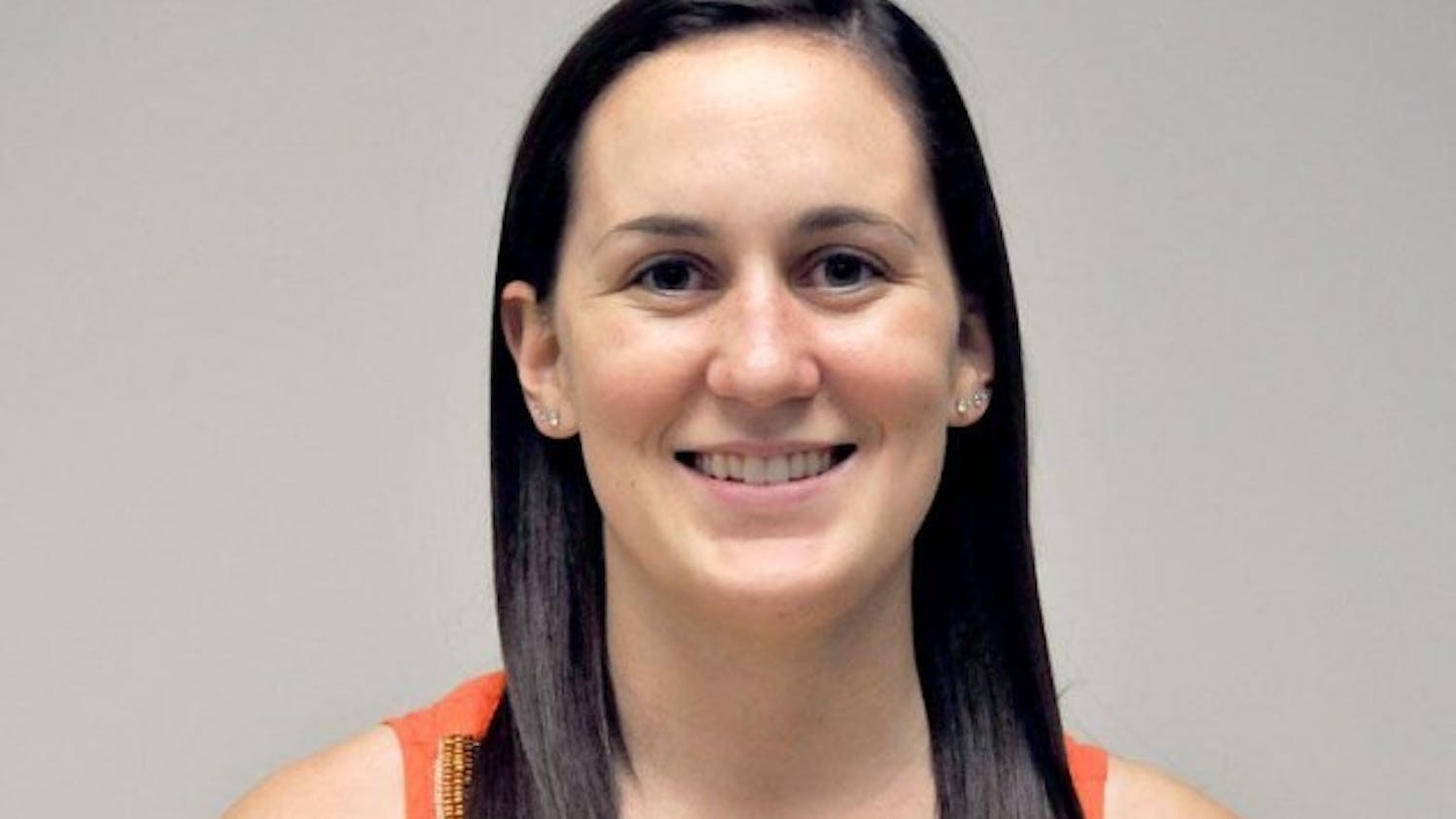Professor Frank C. Zagare has never taken an official course in education.
However, he has become a distinguished professor at UB.
"One thing led to another and here I am," said Frank C. Zagare, a political science professor. "It wasn't really planned out very well; just incremental decision making led me here."
With ambitions of becoming a high school mathematics teacher and cross-country coach, Zagare started teaching at an inner-city junior high school in Brooklyn, N.Y. After about five years of teaching at the junior high school, Zagare realized he was interested in more intellectually challenging questions that could not be broached in depth at the junior high level. He was able to take several part time jobs at universities, until he secured a full-time position at Boston University after getting his Ph.D.
"I always enjoyed school, so when I graduated college I just kept going," Zagare said. "Eventually when you get your Ph.D., you find out you're qualified to teach at a university."
Twenty-five years ago, the opportunity for Zagare to teach at UB. He had taught at Boston University for 10 years at the time, and he thought the math department at UB was overall more attractive and open to the kind of work he does.
Zagare uses formal and mathematical theory in his course instruction, specifically game theory. Game theory is the science of interactive decision-making - a branch of decision theory, which is used in his classes to analyze international conflict and understand crisis escalation and war.
"It's very rewarding when you can have an impact on the way someone sees the world," Zagare said. "Regardless of whatever that impact happens to be."
Zagare teaches an undergraduate class on individuals in world politics and a class on game theory to undergraduate students and graduate students. He decided to teach those classes because of his great interest in them. Zagare believes it is important for teachers to be engaging when they are teaching.
"If you're not interested, they're not interested," Zagare said. "If you go [into a classroom] and are annoyed to be teaching and don't care about it, then why would your students care and be interested in what they're supposed to be learning?"
According to Makoroba Sow, a junior political science major and one of his students, it is important for a professor to be passionate in their field of academia because it helps students to at least become interested, if not passionate as well.
"Zagare can be an engaging lecturer," Sow said. "Many of Zagare's students respect him and his extensive knowledge and experience in political science."
Zagare believes the foundation of learning is when students are paying attention, thinking things through and are engaged in the topic. However, regardless of how engaging teachers could be, according to Zagare, students should learn mostly on their own.
He believes what a good teacher does is help a student by saying "read this, think this way and take this into consideration," but unless the student is serious about learning, they haven't taken full advantage of the learning opportunity they had.
"I do the best I can. I push [my students] as hard as I can but if they don't get engaged and if they don't do the readings, then they're not going to reach their full potential of learning," Zagare said. "My philosophy is: I can only do so much; I can't force it."
Zagare has never consciously given much thought to his teaching methods, but he likes to ask questions and put students on the spot; otherwise, he believes they could drift off into unconsciousness.
"Learning is supposed to be fun, so I mix humor into my classes and make light of things," Zagare said. "The way I teach is an extension of my own personality."
According to Sow, professor Zagare has interesting lectures, and he presents anecdotes related to the material students are learning in class and is pretty good at creating useful comparisons to daily life to help students understand material.
Sow likes how Zagare presents information in an organized manner - promptly and early. Even though he values Zagare's teaching methods, Sow still does the readings and works hard to earn his good grades.
That's what Zagare expects of his students.
With more than 40 years of teaching experience, Zagare has had many successes and memories as an educator.
"[My favorite thing about teaching] is seeing a light go off in someone's head, finally getting through to a student," Zagare said. "They finally see how important the theory is and how important it is to think rigorously about topics."
Some of his students even say they use game theory as a guide to dating and that makes him smile.
Zagare wants to be able to have students make the connection between the class and the discussion to decision-making and everyday life. He wants what they are taught in his class to have an impact on his students.
Email: features@ubspectrum.com





